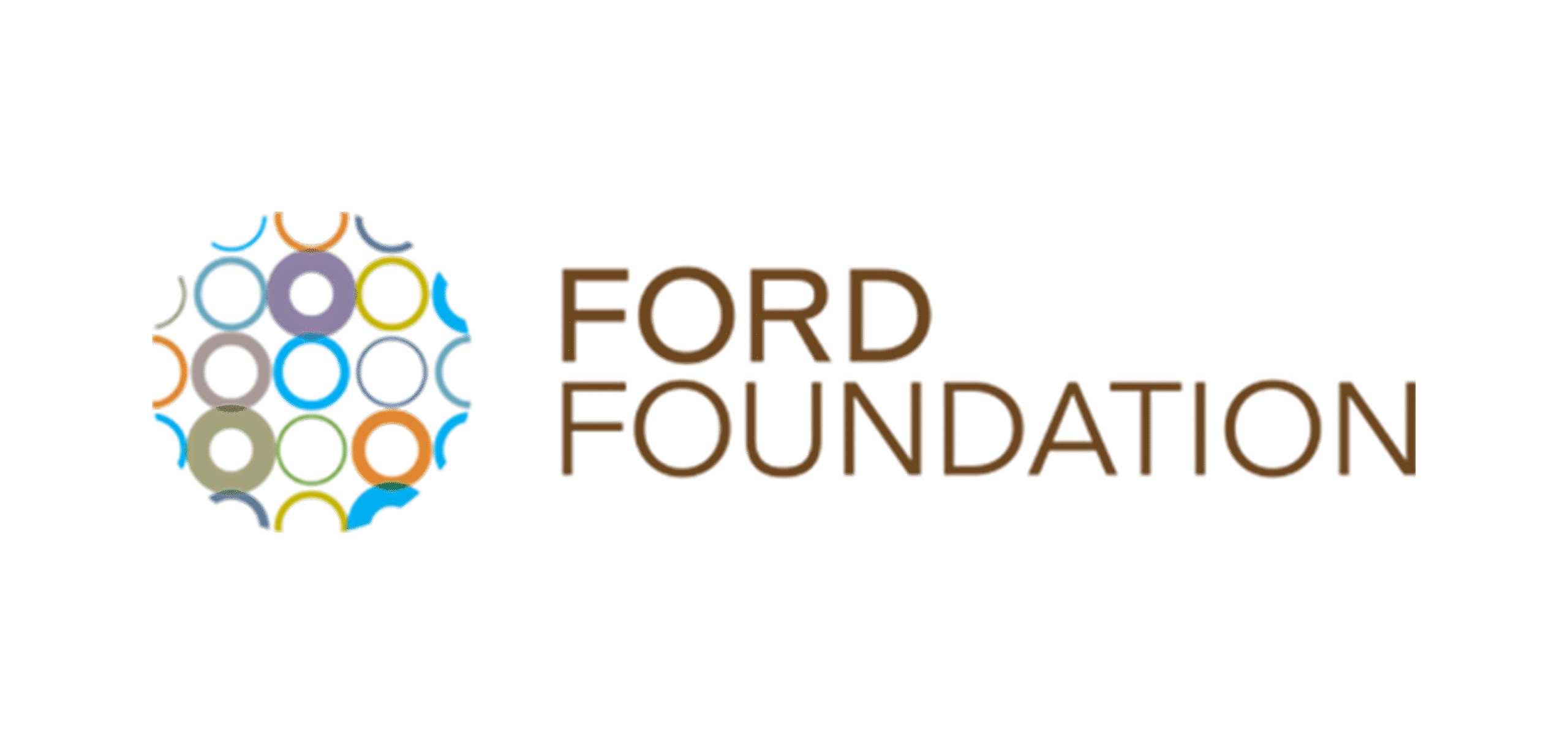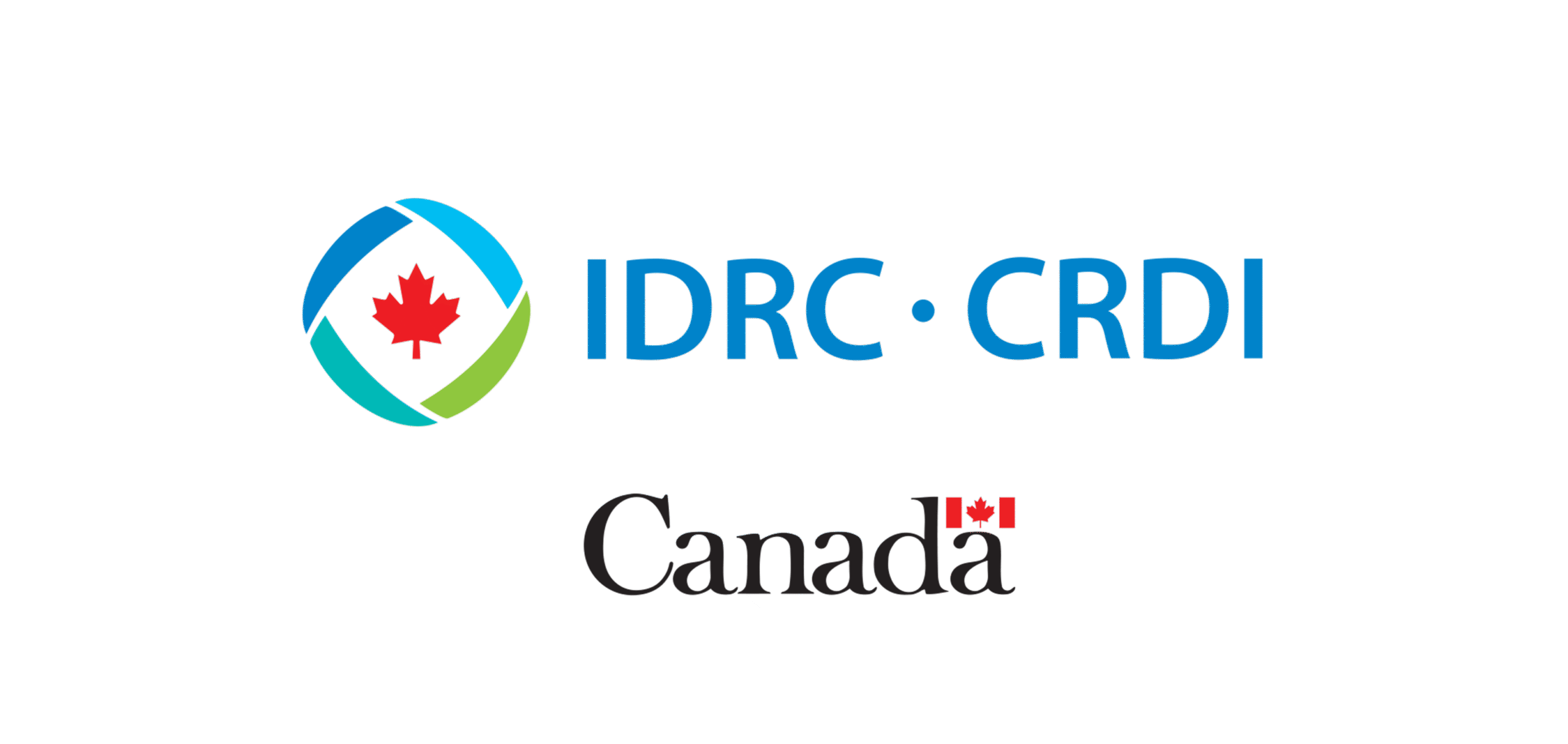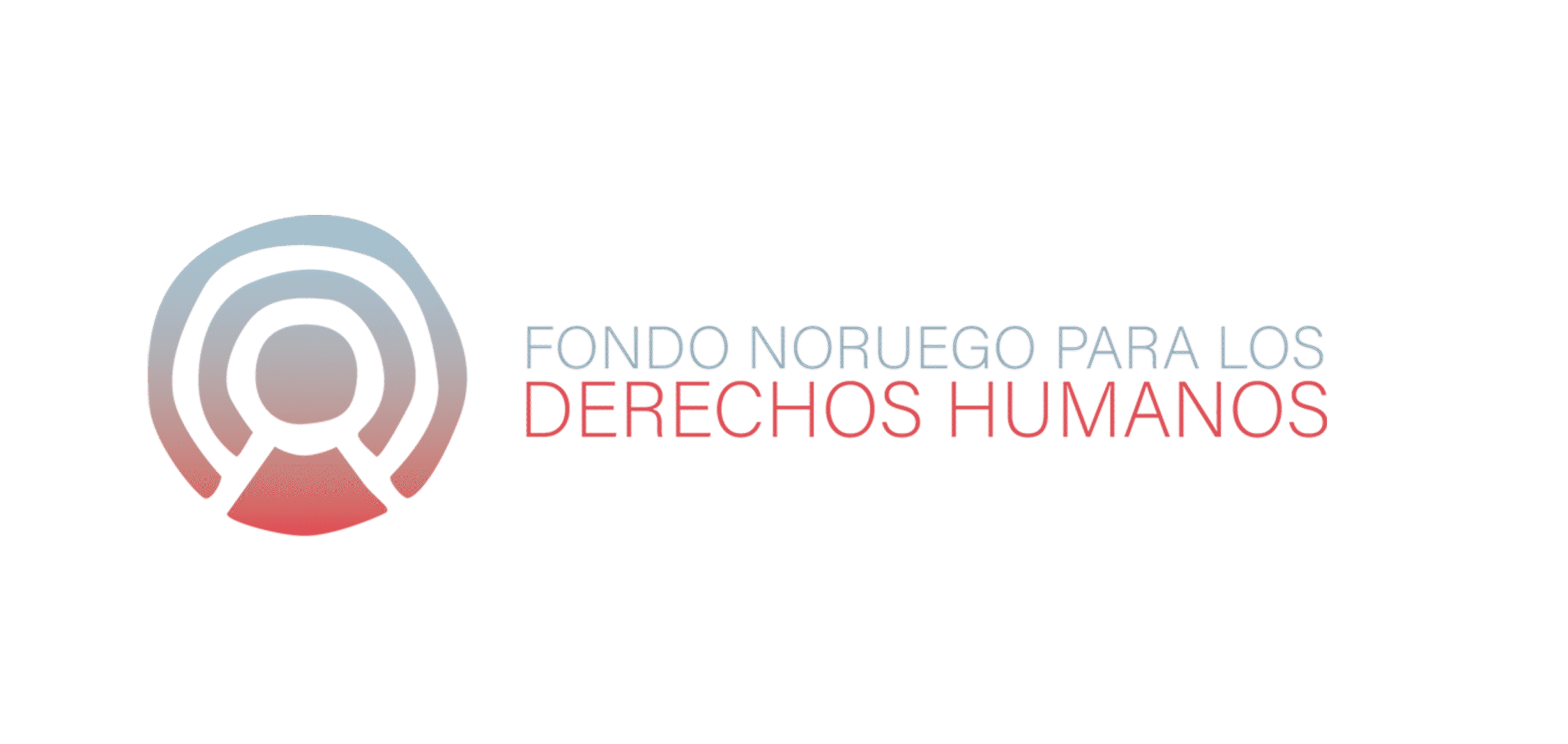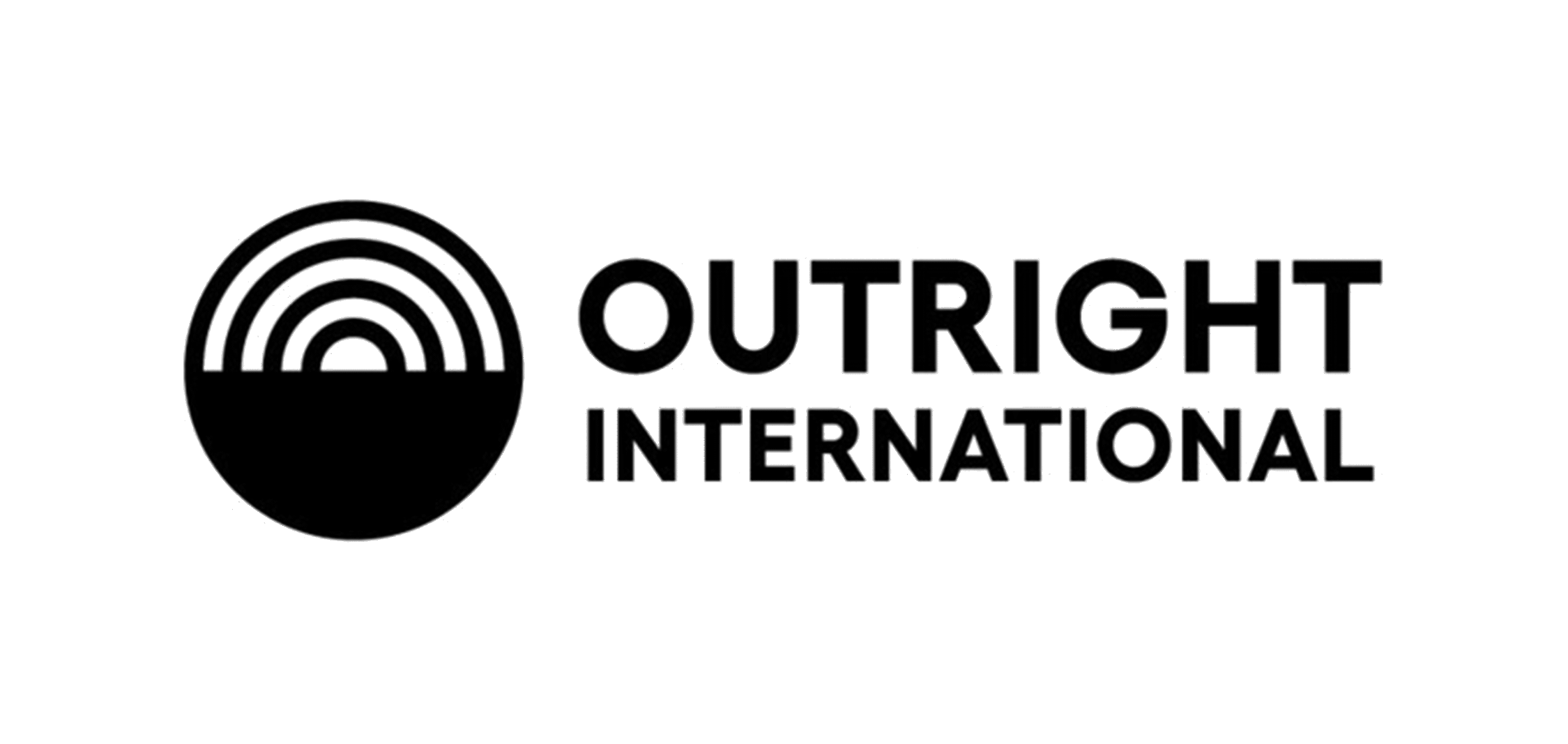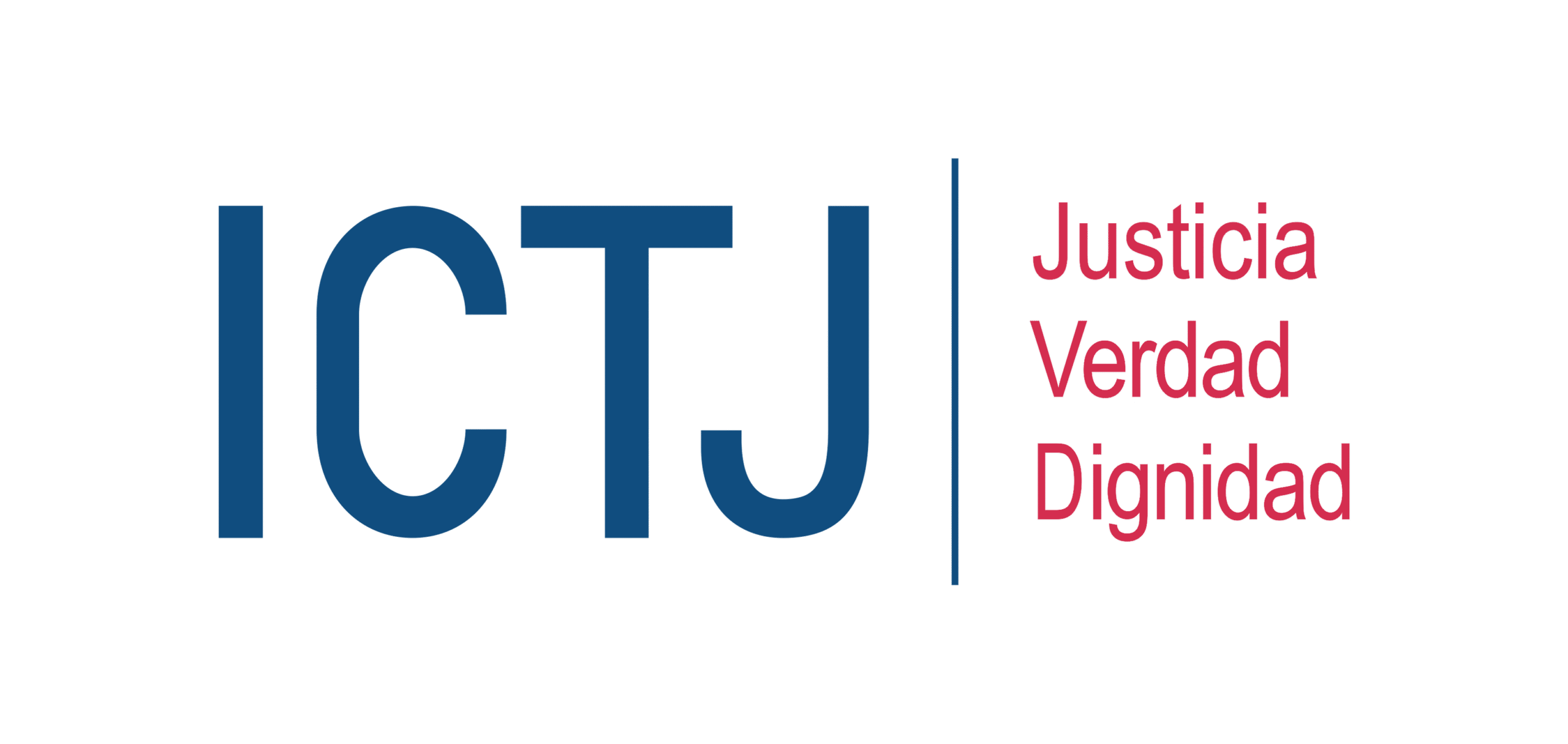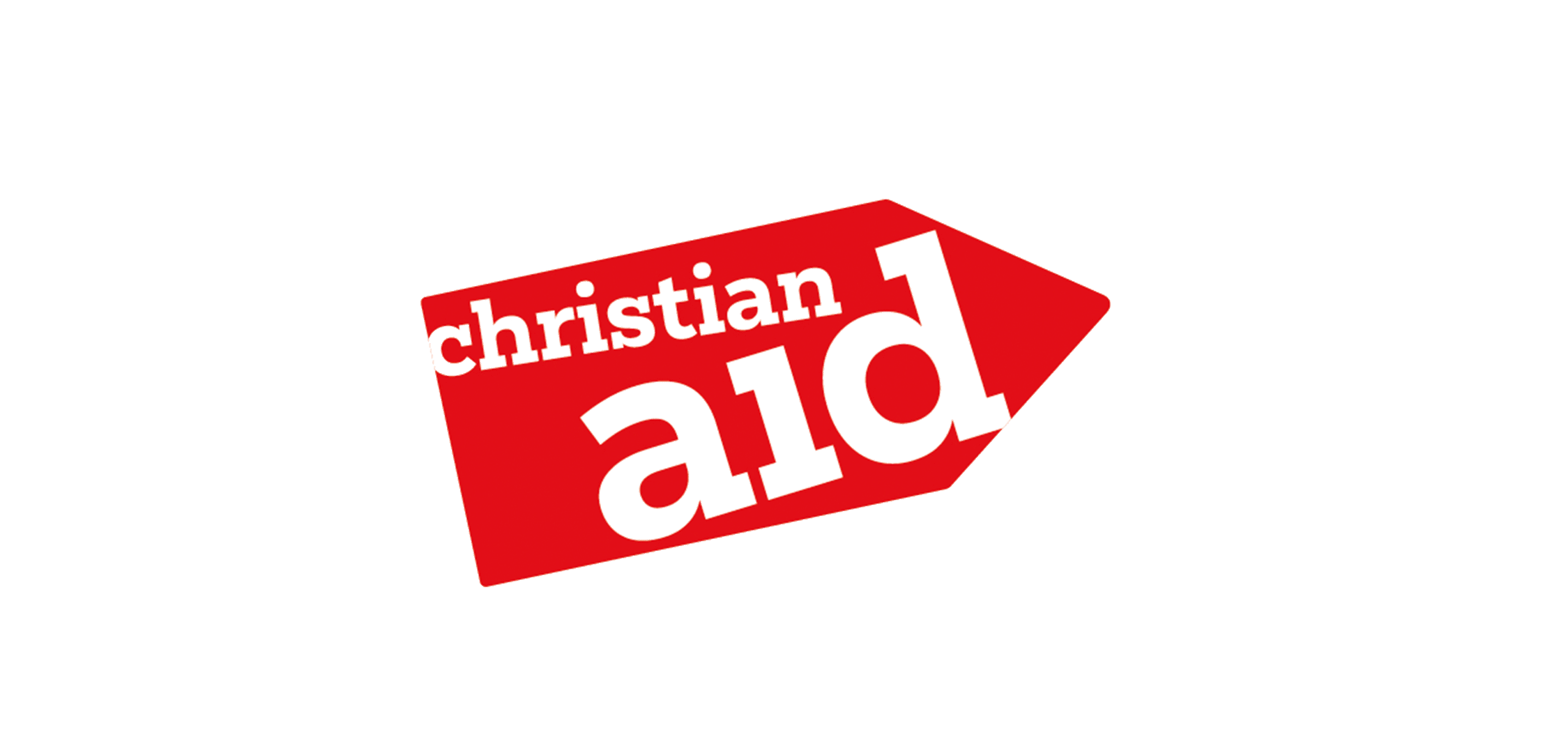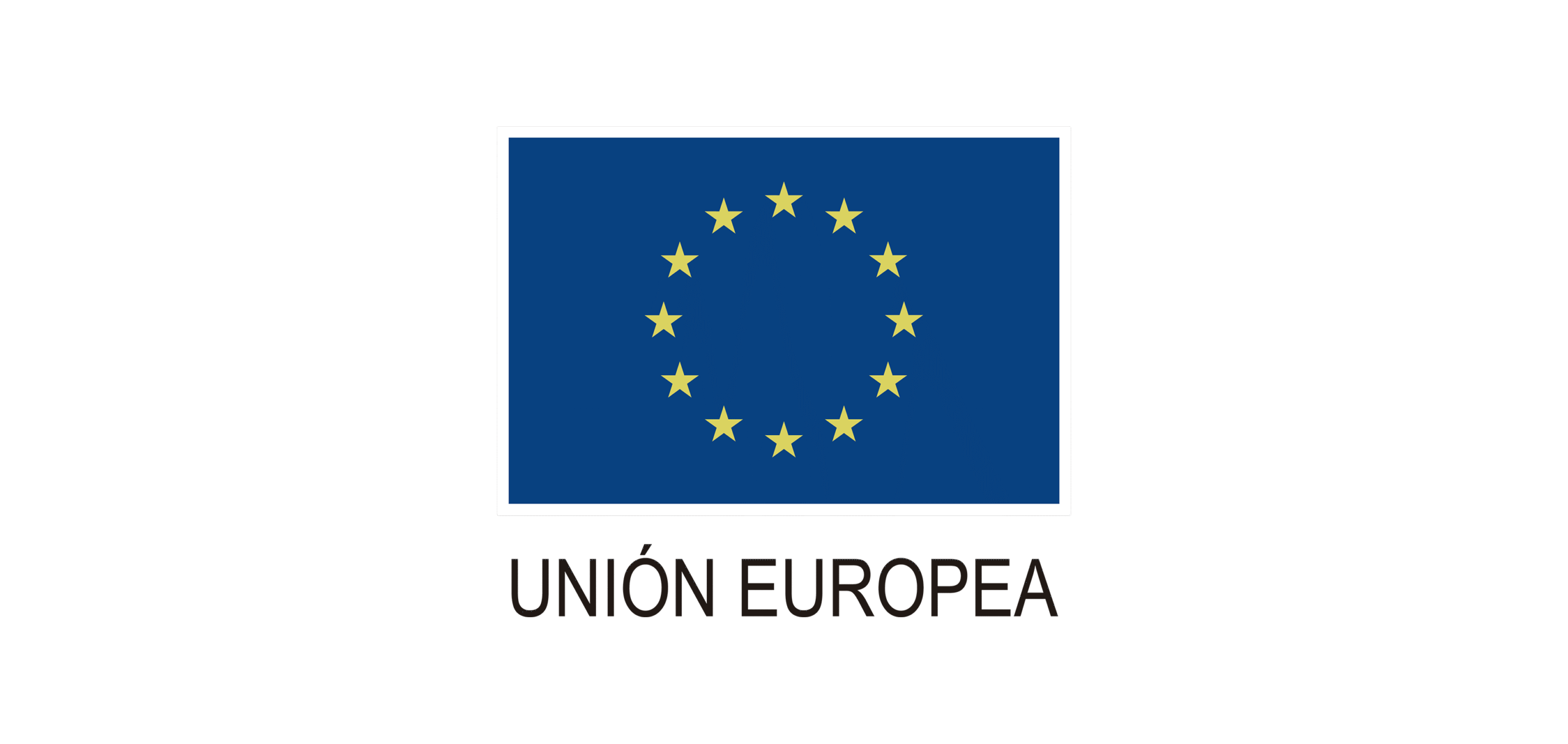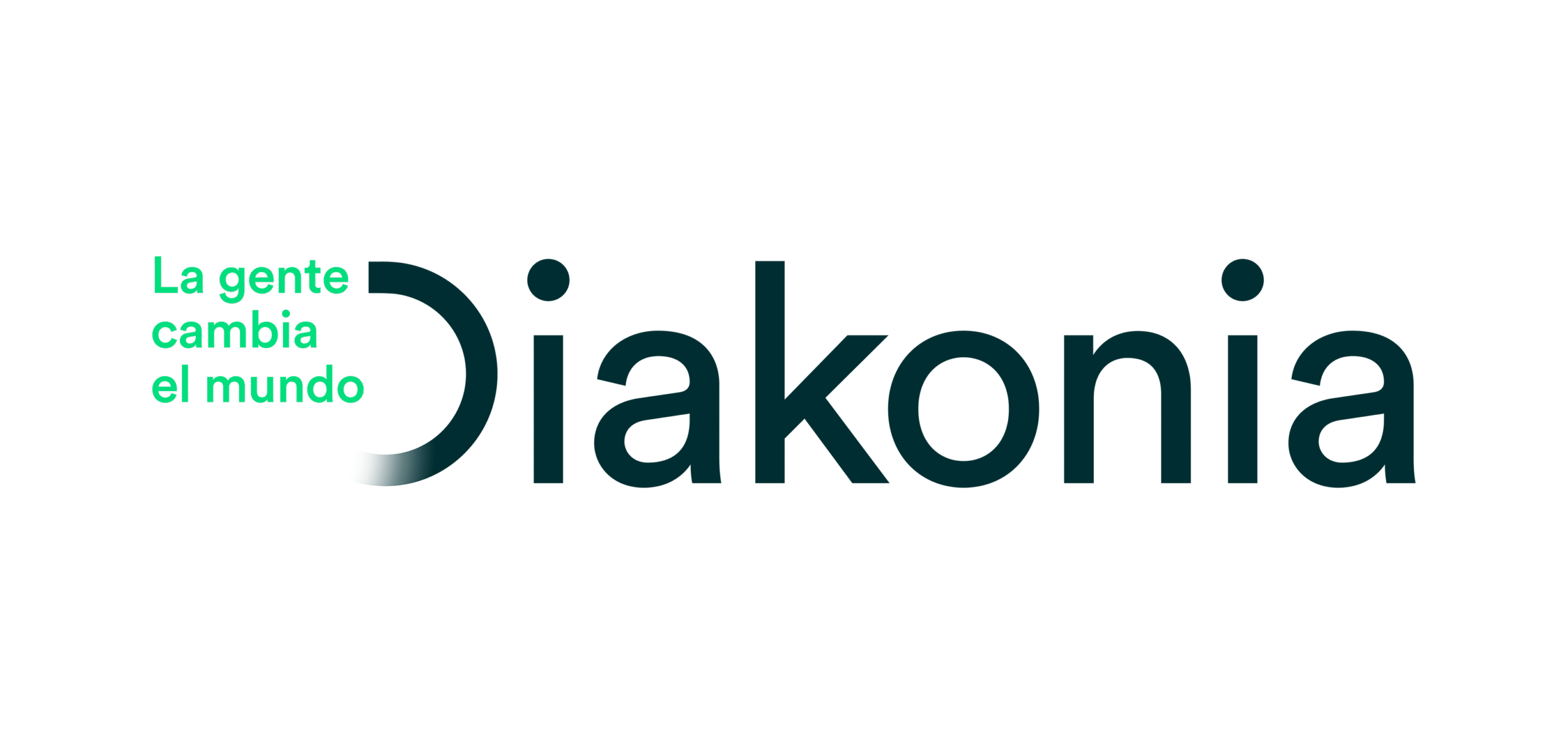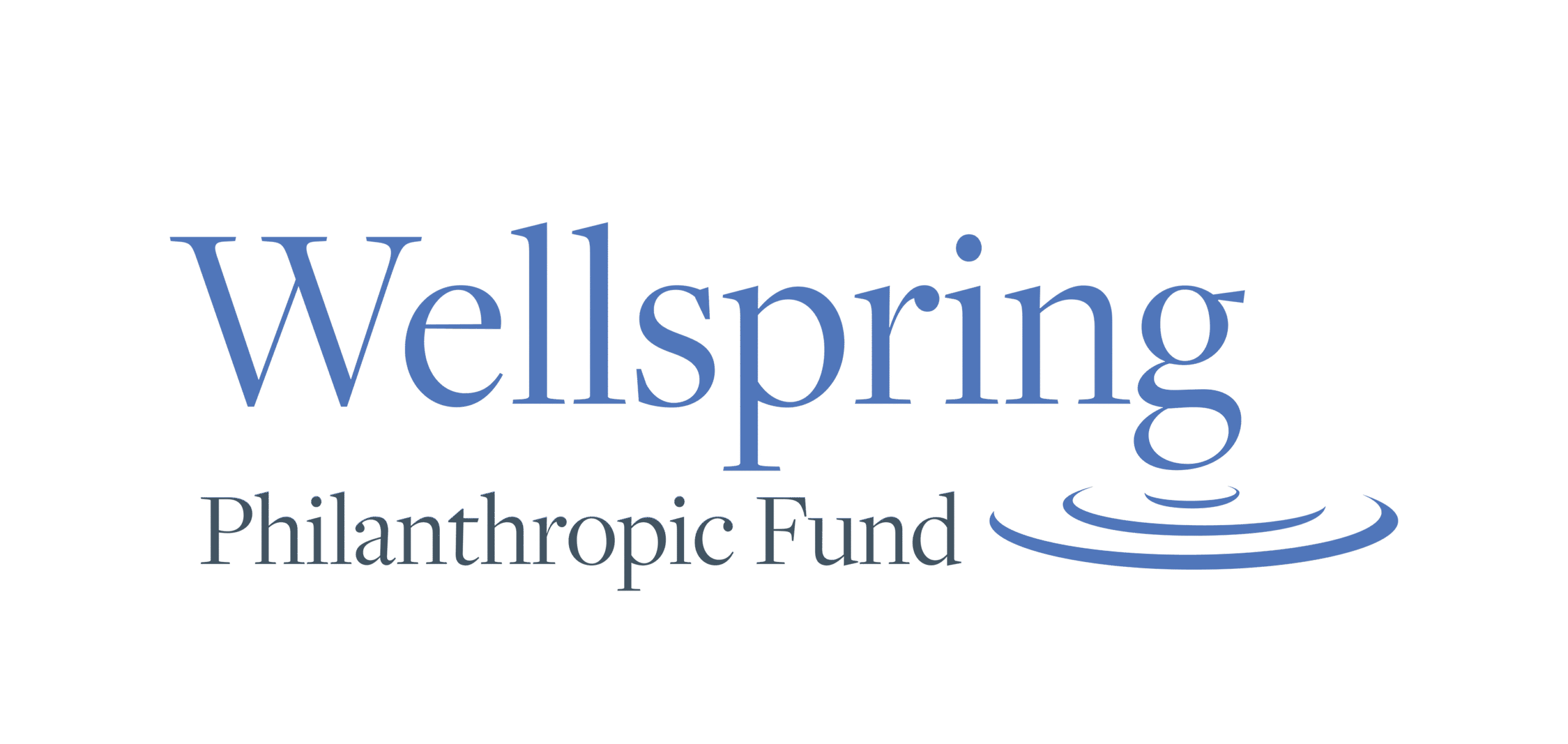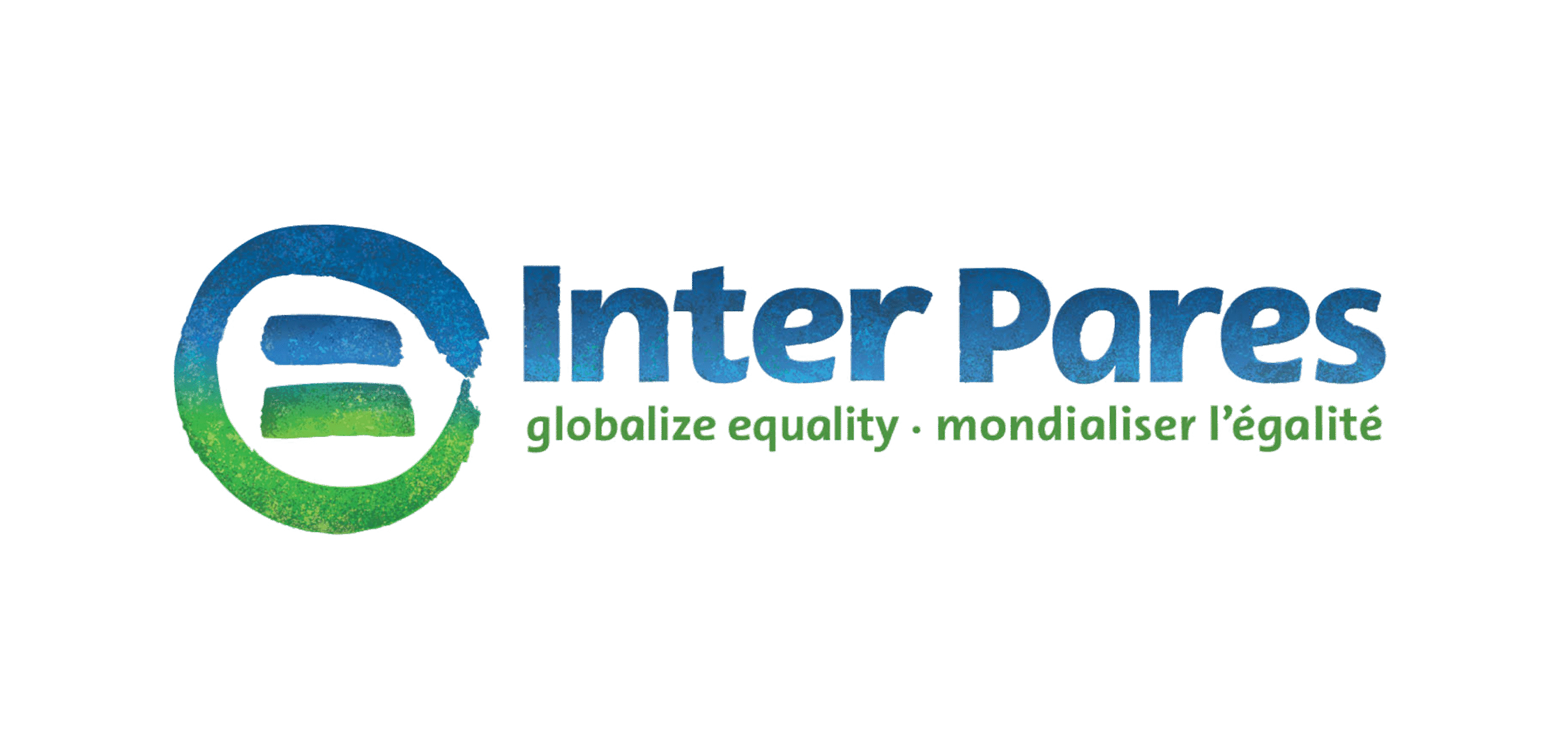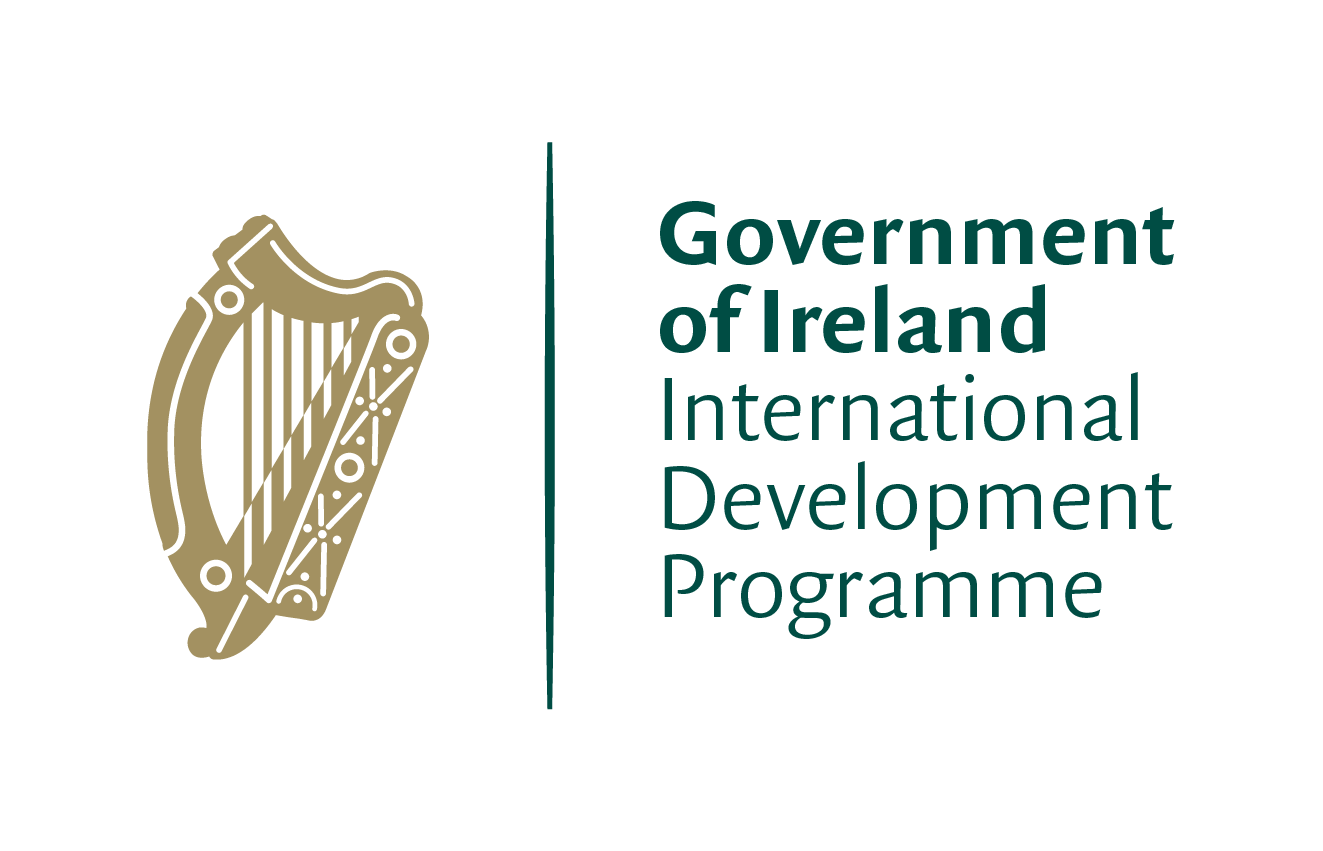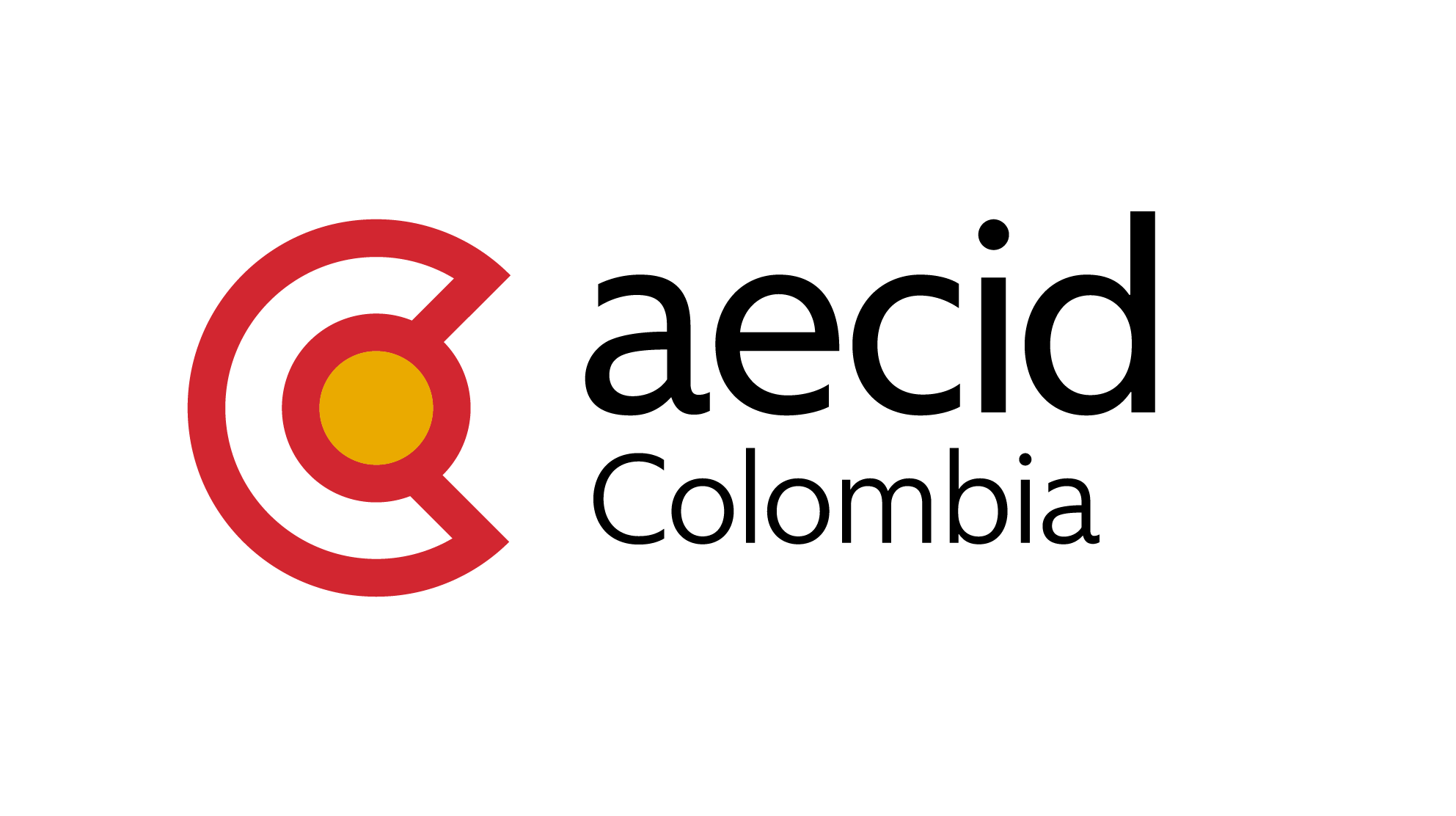Introduction and background
CooperAcció and Colombia Diversa share a work commitment focused on the fulfilment of the Final Peace Agreement (AFP) and the consolidation of peace in Colombia with a feminist and sexual and gender diversity approach; fostering alliances between the feminist and LGBTIQ+ movement in Colombia. Between 2021 and 2022, CooperAcció and Colombia Diversa jointly implemented the project "A peace of our own: lesbian, bisexual and trans women build peace in Colombia", funded by the Barcelona City Council, from which the experiences and demands of LBT women were positioned as a way to contribute to the non-repetition of violence due to prejudice, through exercises of feminist and anti-extractivist memory, which are collected in a pedagogical way in the platform A Journey of Peace. Colombia Diversa has also participated in the I and II Virtual Seminar Lesbians, bisexuals and transgender people in the 2030 Agenda, international spaces organised by CooperAcció in 2022 and 2023 with the support of the MAEC. Spaces for the exchange of experiences and analysis on the 2030 Agenda, from a feminist and intersectional perspective and addressing the problems of discrimination faced by LBT women in access to work, education, housing, among others. Colombia Diversa also participated in the First International Meeting of Lesbian, Bisexual and Trans Collectives from Catalonia, El Salvador, Nicaragua and Colombia, held in Barcelona in 2022.
CooperAcció and Colombia Diversa, together with the Workshop Schools of Quibdó, Tumaco and Popayán, are currently implementing the project "Road to reparation: access to justice, strengthening feminist leadership for peace and economic autonomy for LBT women", for a period of 24 months (1/02/2025 to 31/01/2027) in the departments of Chocó, Cauca and in the municipality of Tumaco. The general objective of this project, within the framework of which this consultancy will be carried out, is to "Contribute to the consolidation of peace in Colombia by guaranteeing the rights of LBT women"; and the specific objective is to "Promote comprehensive reparation measures for LBT women who are victims of gender-based persecution". To achieve the aforementioned objectives, the project contemplates three results: (i) Strengthened LBT leadership and CSO capacity in advocacy and self-protection (LBT women and their grassroots organisations have strengthened their leadership, sustainability and advocacy and self-protection capacities, through training activities, exchanges and feminist advocacy mechanisms in existing territorial peacebuilding processes); (ii) Collaborative spaces created with TR and TO to advance gender-based victim reparations (Created and strengthened spaces for dialogue and collaboration with national and territorial actors to improve the institutional response to LBT victims of gender-based persecution and the incorporation of a differential LGBTIQ gender approach in their work, as restorative measures); (iii) LBT victims of gender-based persecution have accessed differential reparation measures. (LBT victims of gender-motivated persecution have access to justice through a strategy of legal and psychosocial accompaniment with a feminist approach, self-care and reparation of harm, and to education and formal employment processes as part of the comprehensive reparation measures demanded); and (iv) Knowledge management and advocacy strategies for LGBTIQ peace-building promoted (With Colombian feminist CSOs, Spanish NGDOs and other international actors working in peacebuilding, strategies for knowledge management, learning and advocacy for peacebuilding with a feminist and gender-differentiated LGBTIQ approach are promoted).
2. Justification of the consultancy
Within the framework of project result (iv), a consultancy will be hired to strengthen Colombia Diversa's institutional system for planning, monitoring, evaluation, learning and knowledge management (PMEA), with the aim of strengthening the existing system with practical tools that will allow Colombia Diversa to systematise, document and make visible in a more strategic way the impact and scope of its work, from an intersectional and feminist perspective. Although Colombia Diversa already has a PMEA system, built in August 2024, in which quarterly reports are made, one of the aspects of improvement in the current system is the connection between the report of information coming from the projects and the report of global information of the organisation, the connection between the progress of the indicators of the projects and the progress in the institutional indicators. Currently there is double reporting, which implies an overload of work for the team. It is important that this strengthening of its PMEA system, in turn, allows Colombia Diversa to improve the monitoring, visibility and positioning of the processes of construction and application of the LGTBIQ differential character in the implementation of the AFP and in the peacebuilding process in Colombia.
3. Description and role of the organisations involved in the consultancy
Colombia Diversa:
Colombia Diversa is a Colombian organisation that has been working since 20024 to ensure the inclusion, recognition and respect for the human rights of the LGBTIQ+ population in Colombia. With the aim of living in an equal society for all, it carries out strategic litigation, advocacy and research on the human rights of LGBTIQ+ people in Colombia. Since 2016, it has participated in the peace negotiation process with the FARC EP and since then has worked for an implementation of the AFP that puts the rights of LGBTIQ+ people at the centre. Colombia Diversa has experience in documenting and litigating cases of violence based on prejudice, conceptualising the crime of gender-motivated persecution, and producing cultural and academic knowledge in this regard. She co-leads LGBTIQ feminist articulation spaces such as Alianza Cinco Claves, Alianza R1325 and Alianza de litigio de género ante la JEP. She has developed the theory of gender-based bias-motivated violence, which in legal language translates into the crime against humanity of persecution. This proposal makes it possible to recognise, explain and make visible the specific violence and differential impacts suffered by LGBTIQ people during the war. It has worked with victim-survivors and CSOs in Tumaco, Cauca, Chocó, Putumayo, Tolima, Meta and Caquetá, with whom it has built relationships of trust, mutual strengthening and advocacy. Some achievements of Colombia Diversa's work include: i. Documentation of cases of violence against LGBTIQ people in the conflict and the presentation of 2 reports to the JEP and 2 to the CEV. ii. Model of psychosocial accompaniment in access to justice for LGBTIQ people, implemented in Popayán, Tumaco, Caquetá and Tolima. iii. Design of a litigation strategy on the crime of gender-motivated persecution, which has provided inputs to represent LGBTIQ people in macro-cases 02 and 07 and to provide inputs in the JEP's case 05. iv. Legal representation of 20 LBGTIQ victims at the national level in the JEP. v. Implementation of a feminist political school with LBT in Tolima, Caquetá and Tumaco. vi. Construction of a line of investigation into the disappearance of LGBTIQ people with tools to mitigate under-reporting and strengthen the search for them.
Role in consultancy:
Colombia Diversa will be the beneficiary organisation of the consultancy. All phases and activities of the consultancy will be coordinated with Colombia Diversa and the construction of the deliverables. Colombia Diversa, together with CooperAcció, will carry out the review and approval of the consultancy products.
3.2. CooperAcció:
It is a feminist association for international cooperation founded in 1994 and with its headquarters in Barcelona; it seeks to contribute to the empowerment of women, lesbians and transgender people, to the recognition and full exercise of their rights and to the strengthening of collective projects that put life at the centre. With the understanding that feminist contributions are essential to achieve social justice, peace and sustainability of life. CooperAcció works in the areas of International Cooperation, Education for Transformation, and the generation of knowledge in Feminisms, Gender and Cooperation. Geographically, CooperAcció works in El Salvador, Colombia and Mali.
CooperAcció has the following areas of action, in accordance with its Strategic Plan 2019-2024:
Four external areas:
- Women Free of Violence.
- Autonomy of Bodies and Sexualities.
- Economies for Life and Ecofeminism.
- Strengthening Women's and Feminist Movements.
Two internal areas:
- Transformation of the working model towards a horizontal feminist organisation and empowerment of the team.
- Development of a feminist social base and associative practice.
For 28 years it has been working in Colombia for the construction of peace and the right to a life free of macho violence, based on an alliance with women's, lesbian, bisexual and transgender organisations. It works to strengthen diverse and intersectional feminist agendas, within the framework of a commitment to feminist, anti-racist and decolonial cooperation, in the following areas: The right to a life free of violence; peace building with women, lesbians, bisexuals and transgender people; comprehensive feminist protection for women defenders, leaders and activists; internal strengthening of organisational processes and feminist agendas of diverse young women; and political dialogues and international advocacy actions on issues with a high level of impact on women's rights: Feminist Foreign Policy, Business and Human Rights, Drug Policy. In Colombia, CooperAcció is part of strategic advocacy spaces such as the Espacio de Cooperación para la Paz and the Mesa por los Derechos Humanos Frente al Poder Empresarial.
Role in consultancy:
CooperAcció will be the contracting organisation of the consultancy, will follow up the consultancy, the delivery of the consultancy products and will participate in the approval of the consultancy.
4. Objectives and scope of the consultancy
4.1. Objectives of the consultancy:
General objective:
Strengthen the institutional system of planning, monitoring, evaluation, learning and knowledge management (PMEA) of the organisation Colombia Diversa.
Specific objectives:
- Have an updated diagnosis of Colombia Diversa's current PMEA system, including a review of the PMEA policy, formats and tools.
- Improve the PMEA reporting system, so that it allows a clear, simple and effective link between the reporting of each project's indicators and the reporting of institutional indicators.
- Advance in the unification of PMEA tools for all areas, generating a repository of tools for the organisation, which implies the improvement of existing tools and the creation of new tools, if deemed necessary. *Some examples of these tools are: tool for measuring the impact of advocacy meetings/actions, satisfaction survey for users of legal consultations, tool for evaluating training processes, tool for evaluating Colombia Diversa's contributions in terms of knowledge production in its strategic work areas.
4.2. Scope of the consultancy
The consultancy is aimed at strengthening an existing planning, monitoring, evaluation, learning and knowledge management system (PMEA) of the organisation Colombia Diversa, so that it will be used as a starting point to improve existing tools or create new ones, in accordance with what is set out in section 8.
The consultancy will take place in the city of Bogotá, where Colombia Diversa has its headquarters.
5. Methodology
5.1. Global approach:
It is proposed to develop a consultancy that incorporates human rights, participation, territorial and action without harm approaches; and is developed from a feminist, intersectional and sexual and gender diversity perspective.
5.2. Phases and activities of the consultancy:
Phase 1:
Cabinet, documentary review and methodological design, including the following activities:
- Meeting with CooperAcció and Colombia Diversa for the opening and orientation of the consultancy.
- Reference document review.
- Delivery of Work Plan and detailed methodological design for the development of the consultancy.
- Review of the Work Plan and methodological design by Colombia Diversa and CooperAcció and sending feedback.
- Delivery of adjusted final document of the Work Plan and methodological design.
Phase 2:
Diagnosis of Colombia Diversa's current PMEA System, including its policy, formats and tools, including the following activities:
- Review of the current PMEA system.
- Elaboration of a diagnostic document and recommendations for the improvement of the current PMEA System.
- Session with the Colombia Diversa team to return the findings of the diagnosis and recommendations.
Phase 3:
-Systematisation and analysis of information
Phase 4:
-Workshops/working sessions with Colombia Diversa to jointly design new tools for the system and/or improve existing ones.
Phase 5:
Construction, improvement and testing of the prioritised tools, including the following activities:
- Construction and/or improvement of the prioritised tools.
- Deliver preliminary version of designed or improved tools.
- Review, testing and feedback of draft version by Colombia Diversa and CooperAcció.
- Incorporation of adjustments or improvements to the tools, according to the feedback received.
Phase 6:
Pedagogical return of the tools built and/or improved to the Colombia Diversa team, including the following activities:
- Deliver final version of designed or improved tools.
- Feedback session on the final products of the consultancy and accompaniment of the Colombia Diversa team in a first reporting exercise (test exercise).
- Administrative closure of the consultancy.
6. Profile of the consultant or consultant team
We require a person or team of people (by institutional policy CooperAcció will only hire women or gender-diverse people for the development of consultancies) who meet the following requirements:
Vocational training:
- University degree in statistics, economics, social sciences or related fields.
- Desirable: Postgraduate studies or certifications in statistics, data analysis, PMEA.
Experience:
- Track record in similar roles: between 2 and 4 years of experience in collecting, analysing and reporting quantitative and qualitative project data, as well as monitoring indicators or relevant experience in similar consultancies.
- Experience in the use of data analysis and visualisation tools.
- Experience and skills in database management for monitoring different types of indicators.
- Experience in the use of participatory methodologies that allow the dialogue of different actors and voices, and that recognise territorial realities.
- Work experience in Colombia.
- Desirable: with experience in incorporating a feminist and intersectional perspective in PMEA processes.
Knowledge and skills:
- Use of tools for data collection, systematisation and processing.
- Skills to analyse and synthesise qualitative and quantitative information.
- Technical report writing skills.
- Intermediate/advanced level of Excel.
- Intermediate/advanced proficiency in statistical software
- Desirable: Knowledge of gender, diversity, human rights, ethnic and differential approaches.
- Skills for teamwork with interdisciplinary profiles and the building of empathetic, listening and respectful relationships.
- Commitment to human rights, gender justice, LGBTIQ+ rights, anti-racist and anti-discrimination perspectives.
7. Principles of consultancy
The consultant or consultant team shall be guided by the following principles:
- Confidentiality: the consultant or consulting team will maintain the principle of confidentiality and reserve on all information to which they have access in the framework of the consultancy, as well as documents, formats and tools owned by Colombia Diversidad.
- Anti-discrimination and promotion of safe spaces: the consultant or consultant team commits to the principles of non-discrimination (on the basis of gender identity, sexual orientation and/or gender expression or any other identity), protection, and guaranteeing safe spaces free of violence in the framework of all the actions of the consultancy.
8. Expected outputs
- Work plan and detailed methodological design.
- Diagnostic document and recommendations for the improvement of Colombia Diversa's current PMEA system.
- Session with the Colombia Diversa team to return the findings derived from the diagnosis.
- Workshops/sessions with Colombia Diversa to jointly design new tools for the system and/or improve existing ones.
- Tools designed or improved in their preliminary version.
- Tools designed or improved in their final version.
- Feedback session on the final products of the consultancy and accompaniment of the Colombia Diversa team in a first reporting exercise.
9. Timetable of the consultancy
The consultancy is foreseen to run for 16 weeks, during the months of October 2025 to January 2026. Initially, the following work schedule is proposed, to be agreed with the selected consultant or consulting team:
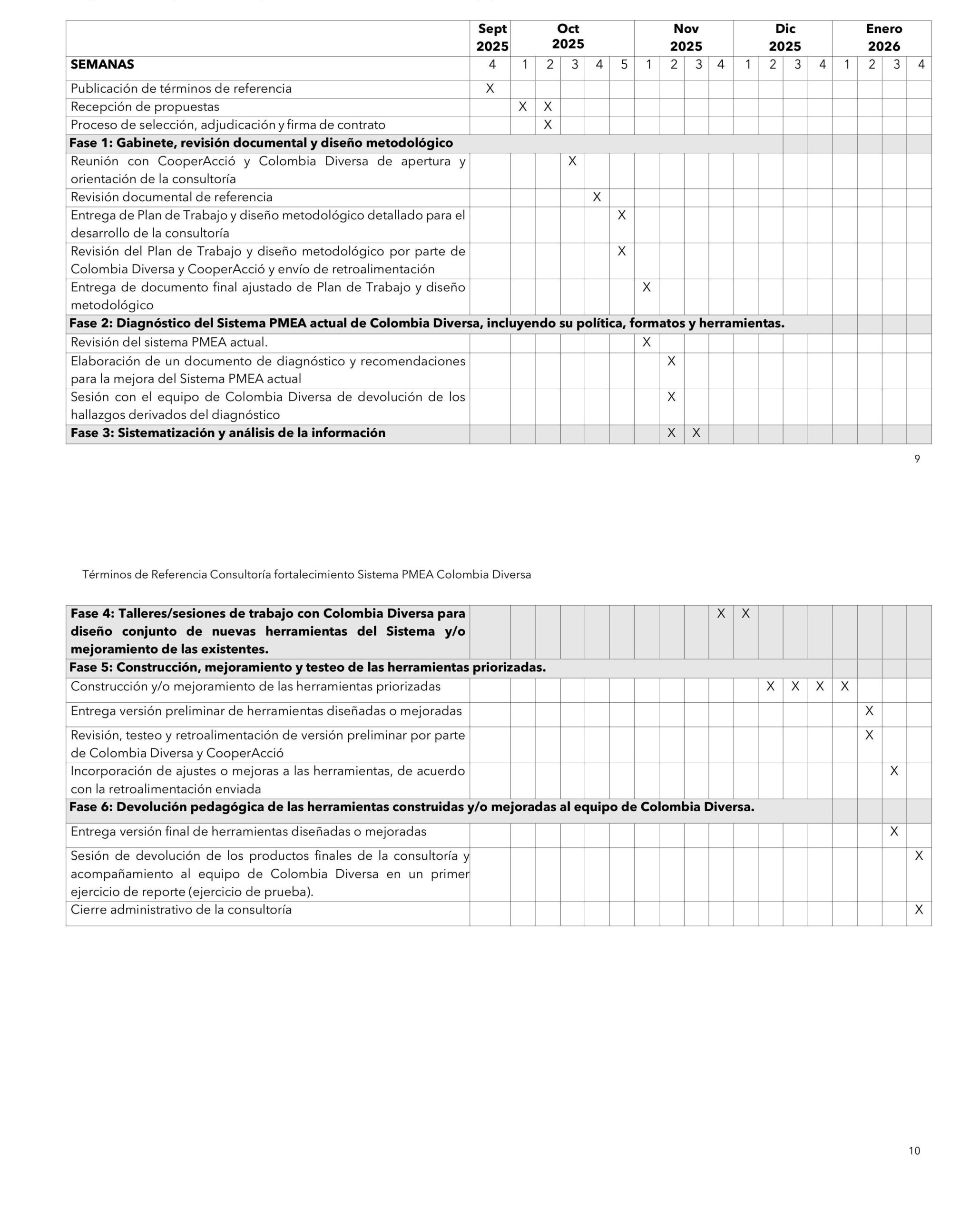
10.Content of the technical and financial proposal to be submitted
The rating of the proposals submitted will consider the following contents:
- General methodological proposal for the development of the consultancy, incorporating the approaches mentioned in 5.1 above.
- Work plan defining general and specific activities and considering the timelines foreseen in 9 above.
- Financial proposal (budget in euro).
- Curriculum Vitae of the consultant(s).
11.Consultancy budget and method of payment
The budget available for the development of the consultancy is 4,500 euros (at full cost). Payment will be made in euros, the Colombian pesos received will correspond to the exchange rate in force at the time of each transfer, to be made from Barcelona.
The total amount of the consultancy will be paid as follows:
- 60% to the signature of the contract and approval of the Work Plan and detailed methodological design.
- 40% upon delivery to the satisfaction of Colombia Diversa and CooperAcció of the final products of the consultancy.
12. Submission of proposals
The technical and financial proposal must be sent together with the curriculum vitae (as stipulated in paragraph 6) to the CooperAcció office in Colombia, by e-mail to the following addressni**********@*********io.org. If you have any questions regarding the ToR, you can write to the same email address before 10 October 2025.
Deadline for receipt of proposals: Sunday 15 October 2025, until 11:59 p.m. Colombia time.



